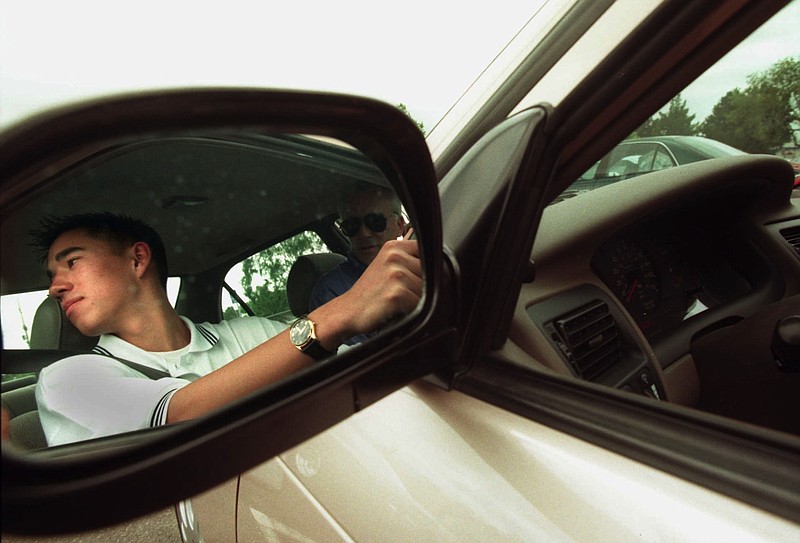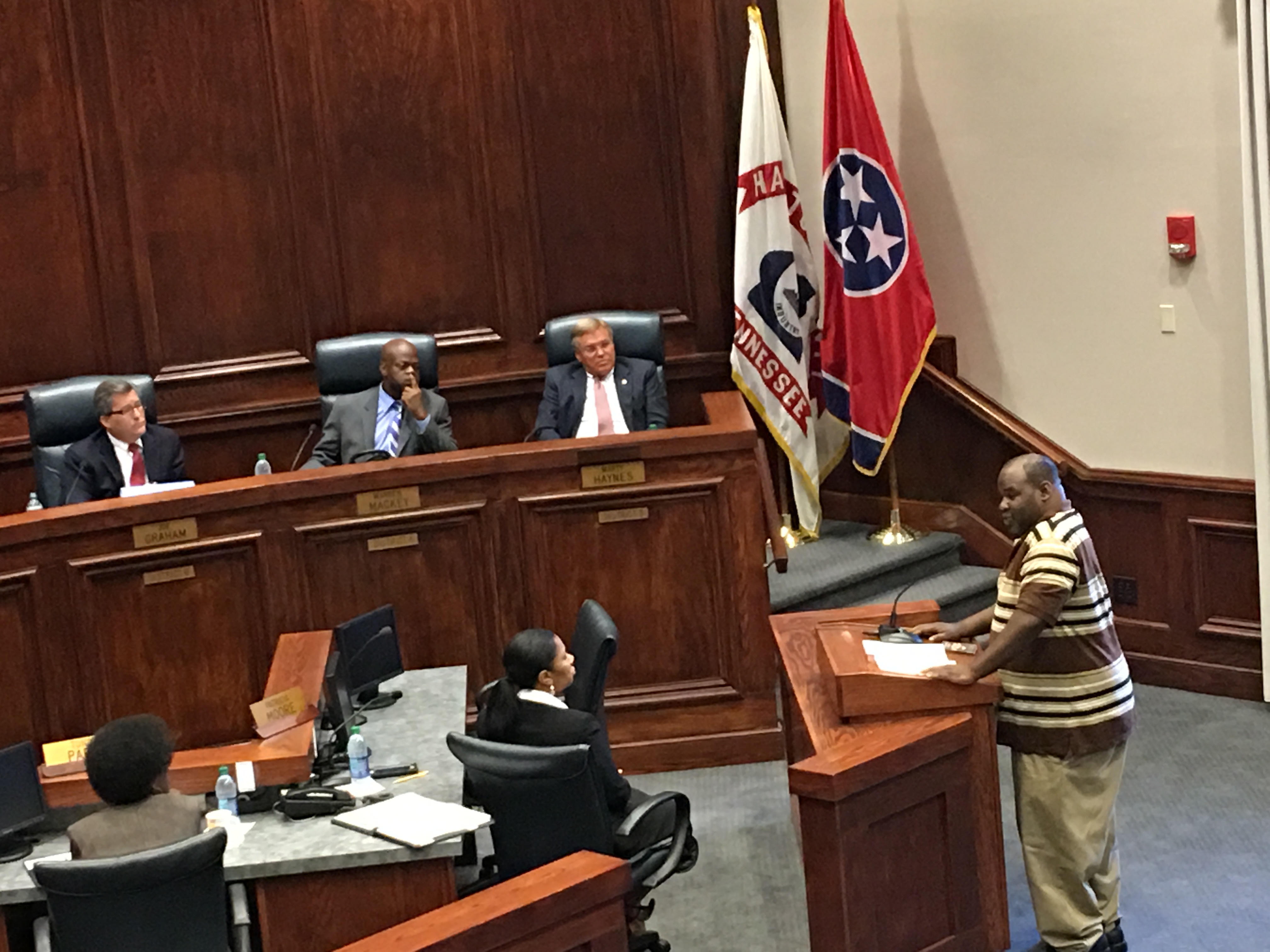Driver education gets shorted
Sometimes, good intentions meet good intentions and bad things happen.
It sounds like that's what occurred when a law passed by the Tennessee Legislature to prohibit the use of most unmanned speed enforcement cameras resulted in the unfunding of Chattanooga's driver education program.
It's true that nobody likes getting a ticket in the mail with your car pictured speeding along the road, so it stands to reason that our lawmakers, including State Sen. Todd Gardenhire, R-Chattanooga, challenged the cameras with a bill citing concerns about the legitimacy of unmanned cameras. The bill argued, among other things, that "the right to face your accuser in court and cross-examine witnesses is guaranteed by the United States Bill of Rights, and traffic enforcement cameras deny Tennesseans this right, because the accuser is a machine."
But every action has a reaction. And this one resulted in the Chattanooga Department of Transportation announcing Wednesday that no new courses will be offered in the city's driver education program because that revenue has dried up. The program offered four, four-day courses this summer for students between the ages of 15 and 22. The city had extended a $50 discount on the enrollment fee of $200 to lower-income families to ensure all families have access to life-saving driver education at an affordable price. Comparable private commercial classes cost over $400, according to one commercial driving school.
City officials say that since November 2009, nearly 3,000 young Chattanoogans successfully completed the city's professional defensive driving curriculum in the city of Chattanooga's Driver Education Program. But now, with no camera ticket revenue, the program is closed.
We all know that a disproportionately high number of auto accidents involve drivers under 25, so it stands to reason that our elected officials - all of them - should put their heads together to help good intentions actually result in good - not dropped - opportunities.
Robbing Peter to pay Paul
The Chattanooga-Hamilton County NAACP is right to challenge the county's recent adoption of a court-ordered victim services fee and to seek a broader conversation on justice reform.
The rest of us should join in their challenge.
County commissioners recently approved a $45 victims' assistance assessment, intended to provide revenue to a pair of nonprofit victim services agencies - the Children's Advocacy Center of Hamilton County and the Partnership for Families, Children and Adults. The measure passed with a 5-0 vote, while Commissioners Greg Beck and Warren Mackey abstained by voting "present."
The vote means a judge may levy the fee against a defendant found guilty of crime punishable by imprisonment and a fine of at least $500.
But NAACP branch secretary Eric Atkins correctly calls the victim services fee "a dangerous precedent." It creates a revenue generator - a poor tax, if you will - from people who can hardly afford it - the working poor, African-Americans and other minority groups - to support agencies that generally get the money to do their good works from donors like the United Way.
While getting perpetrators to pay for victim services may sound good on paper, it's another good intention that simply doesn't work in the real world. People sentenced to jail rarely have jobs and income to pay court fines - let alone a victim services fee.
There are better solutions that leaders can help find. Let's support the NAACP's request for a broader conversation and encourage the County Commission to be part of the solution, not the complication.
Playing with fire in parks
Kudos to the Hamilton County Commission for not passing a proposal to allow alcohol sales for approved special events in county parks - even though the commissioners lacked the backbone to actually take a vote on the measure.
Instead, the proposal to repeal a 1984 restriction on the sale and consumption of alcohol at Chester Frost Park, Riverpark and Enterprise South Nature Park died when it failed to generate a second motion or public discussion.
Here's the thing: While it might be nice to be able to buy a beer or glass of wine at something like a Pops in the Park concert or other special event, the state's open-carry gun laws and state lawmakers' insistence not to allow cities and counties to designate gun-free zones in public parks makes alcohol in those parks far too dangerous.
That the County Commission apparently recognizes this and seems to be taking the one step that state lawmakers still leave open to them is encouraging. What would be more encouraging would be if our commissioners had the courage to put their names beside that stance.


